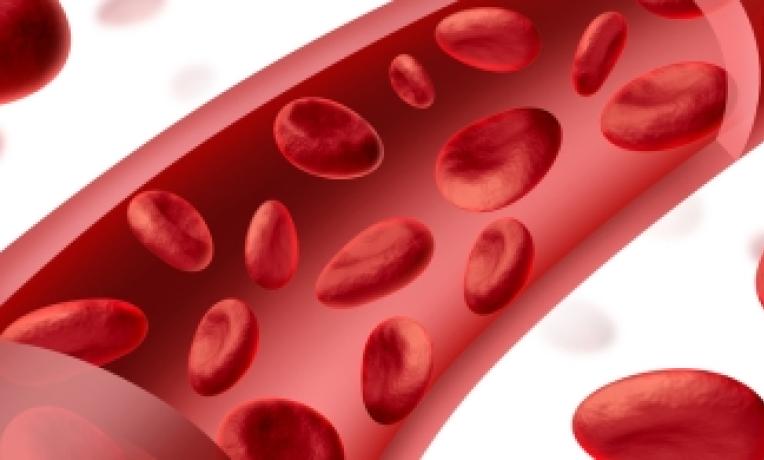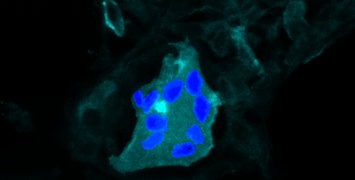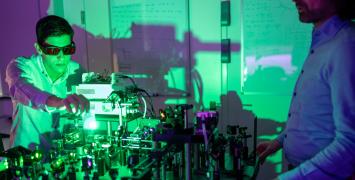Finely-tuned therapies for fighting disease
The ability to fine-tune the functioning of blood vessels and the circulatory system is essential for combating the remodelling of the arteries that leads to heart attacks and strokes. It is also needed for the controlled repair of blood vessels after injury – which may otherwise result in a number of serious conditions. ERC grantee Professor Stefanie Dimmeler and her team at Frankfurt University are studying the role ribonucleic acid (RNA) plays in fine-tuning vascular functions – with the aim of developing new therapies for cardiovascular diseases, which are the most prevalent in Europe, due to growing obesity and longer lifespans.

The focus of Prof Dimmeler’s ANGIOMIRS research project is microRNAs (miRs). These are small RNA molecules that bind to Messenger RNA – which contains the blueprints to make proteins. On binding, miRs can modify that blueprint or prevent it from being transferred at all. This has consequences for the production of proteins in cells – for example, during the repair of blood vessels. In turn, it makes miRs an attractive prospect for new gene-based therapies for repairing and regenerating damaged blood vessels.
Through laboratory experiments, Prof Dimmeler’s team have already discovered that inhibiting a particular microRNA – miR-92 – improves the regeneration of blood vessels after injury, and modelling suggests this can improve the functioning of the heart. This work is now moving to preclinical studies on mice to understand better the processes at work.
In addition, the team of ten scientists is looking at age-related diseases connected to the vascular system. Members of another miR family – miR-29 – have been shown to promote cardiovascular diseases in mice and elevated levels are measured in biopsies from human sufferers. The team has shown that by inhibiting miR-29 in mice, swelling of the aorta (aneurysm) is reduced – which indicates this is a promising candidate for promoting healthy vessels in older people.
Research into these miRs has now advanced to studies on pigs, and preliminary data is encouraging. Human trials are the next step.






